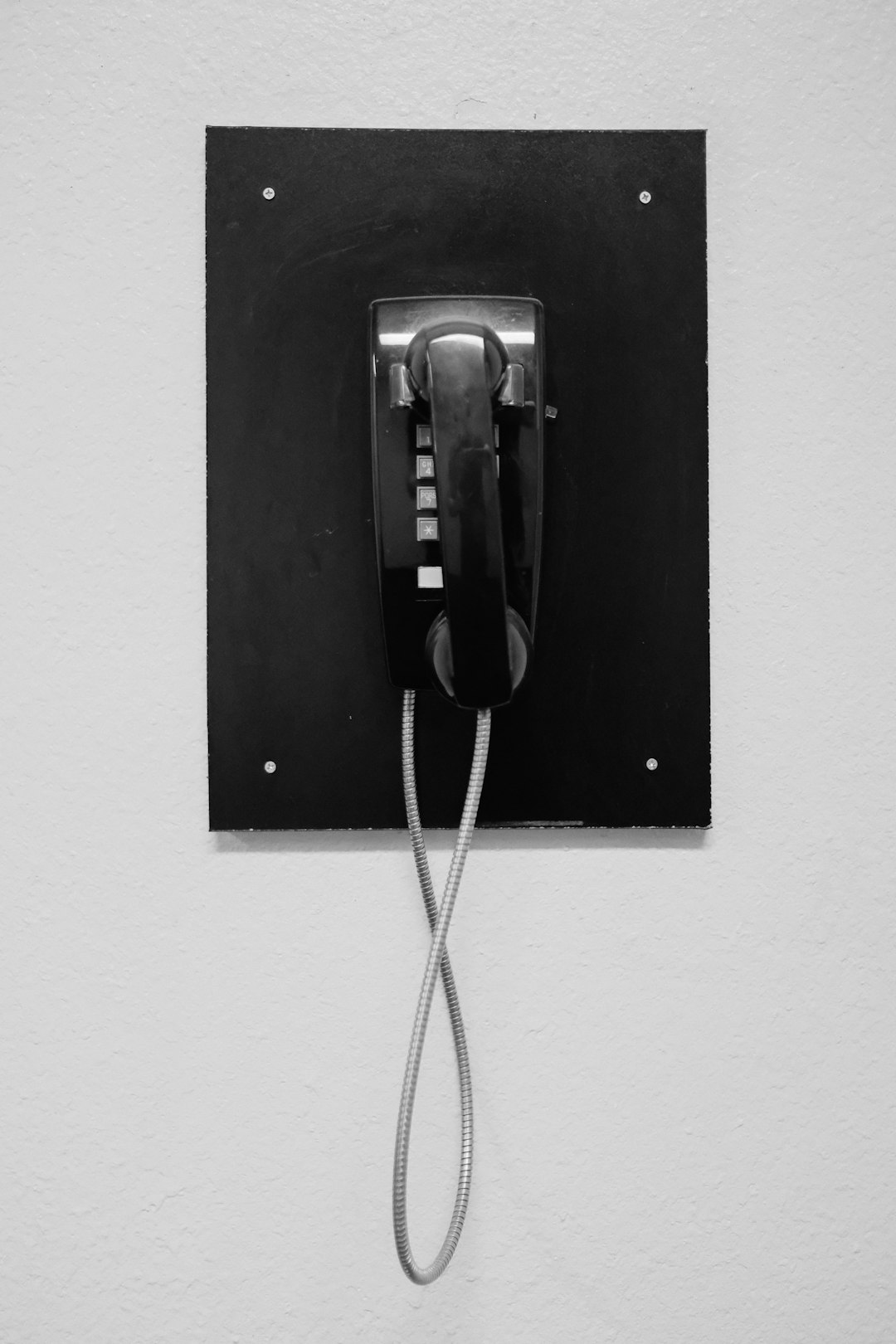North Dakota laws prohibit telemarketers and spammers from blocking caller ID, mandating identity disclosure. Consumers have a right to know who contacts them, and legal action can be taken against violators, including fines. Spam texts lawyer in North Dakota can advise on rights and remedies for unwanted messages. Strict regulations ensure transparency and protect individuals from deceptive practices.
In today’s digital age, understanding caller ID laws is paramount for both consumers and telemarketers. This article explores the legal landscape surrounding caller ID information in North Dakota, focusing on how telemarketers are restricted from blocking their identities. With an increase in spam texts, it’s crucial to protect consumers from deceptive practices. We’ll delve into the legal implications for telemarketers and discuss strategies for individuals to safeguard themselves against unwanted calls. Contact a spam texts lawyer in North Dakota to learn more about your rights.
Understanding Caller ID Laws in North Dakota

In North Dakota, caller ID laws are designed to protect consumers from unwanted and fraudulent calls, including spam texts. The state has regulations in place that require telephone solicitors to disclose their identity and provide a way for recipients to opt-out of future communications. These laws are enforced by the North Dakota Attorney General’s Office, which actively investigates complaints related to telemarketing scams and abusive practices.
If you’ve received spam texts or calls from telemarketers attempting to block their caller ID information, it’s important to know that such actions are illegal in North Dakota. Consumers have the right to see who is contacting them and to make informed choices about whether to engage with the call. Any attempt by telemarketers to circumvent these rules can result in legal action, including fines and other penalties, as enforced by local lawyers specializing in consumer protection law.
Telemarketers and Spam Texts: Legal Implications

In the realm of telemarketing, blocking caller ID information has long been a tactic employed to conceal identities and avoid accountability. However, this practice is no longer legally permissible. This change in regulation targets not only phone calls but also extends to spam texts sent from unknown sources. North Dakota, like many other states, has implemented laws to protect consumers from unsolicited and deceptive marketing practices.
When a telemarketer or spam text sender attempts to hide their identity, they risk legal repercussions. Consumers in North Dakota now have the right to know who is contacting them, enabling them to take appropriate actions against persistent or malicious spammers. Should individuals receive unwanted texts, there are specific legal avenues available, including the option to consult a lawyer specializing in telemarketing law and spam-related issues to understand their rights and potential remedies.
Protecting Consumers from Deceptive Practices

In an effort to protect consumers from deceptive practices, laws in many states, including North Dakota, strictly regulate telemarketers’ ability to hide or block caller ID information. This is particularly important as spam texts and unsolicited calls have become a widespread nuisance. Consumers have the right to know who is contacting them, enabling them to make informed decisions about whether to answer or ignore the call.
By law, telemarketers must disclose their identities and the purpose of their call, ensuring transparency and preventing fraudulent activities. Should a company attempt to circumvent these regulations by blocking caller ID, individuals can take action with the help of consumer protection lawyers in North Dakota. These legal professionals are equipped to enforce compliance with anti-spam laws, safeguarding consumers from deceptive telemarketing tactics.






